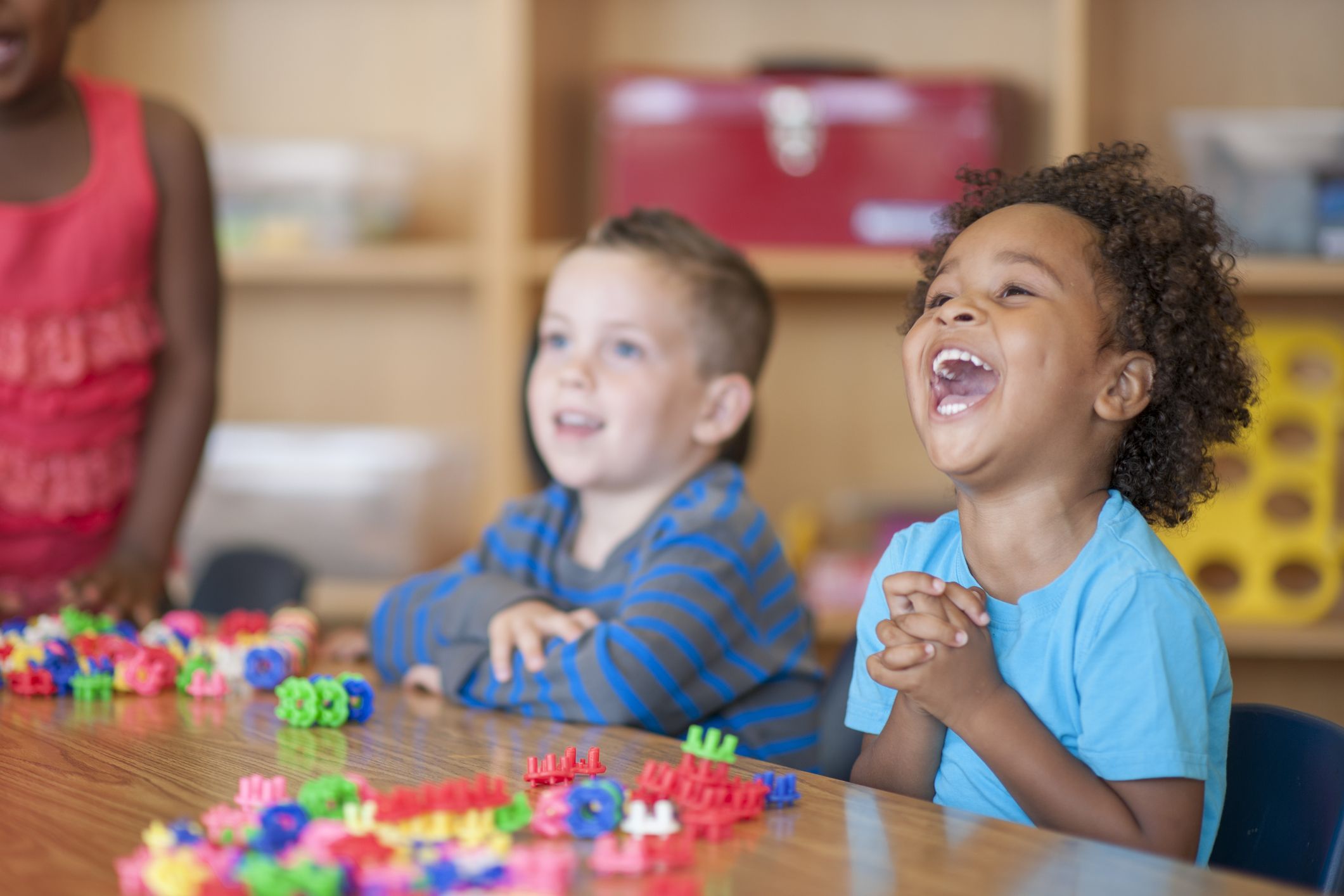Introduction
Within the intricate scheme of education, group activities emerge as a dynamic and potent instrument, especially when tailored for the tender minds of little students. These collaborative learning experiences form the bedrock of a holistic educational approach, exceeding the conventional boundaries of individual learning. In short, group activities in education embody a collective journey where young minds intertwine, share, and grow together. This article delves into the profound concept of group activities, unravelling their significance in the educational landscape and unveiling the meticulous strategies Lewisham Tuition Centre employs. By navigating the intricacies of collaborative learning, educators not only enhance academic understanding but also instil vital interpersonal and cognitive skills that lay the groundwork for a lifetime of successful education.
The strategies employed by our tutors in Lewisham while orchestrating effective group activities are as distinguished as the young minds they guide. These strategies are carefully designed to cater to the specific needs and developmental stages of young students. Teachers become designers of collaborative learning, structuring activities that not only capture attention but also stimulate imagination and foster a positive attitude towards shared endeavours.
It is a fact that group activities for young students are beyond the conventional notion of education. They become the cornerstone of an academic approach that recognises the innate need for collaboration in the learning process. Through themed projects, storytelling circles, learning games, role-playing scenarios, and artistic collaborations, our skilled tutors in Lewisham craft an environment where young minds not only absorb information but actively participate in its creation. As these little learners engage in collaborative endeavours, they not only enhance their academic understanding but also develop the crucial skills of teamwork, communication, and critical thinking that will serve as a foundation for a lifetime of successful learning.
What is Group Activity in Education?
Group activities in education involve collaborative tasks where students work together to achieve a common goal. These activities vary in nature, ranging from discussions and problem-solving tasks to creative projects and interactive games. The essence lies in promoting teamwork, communication, and the sharing of ideas among students.
Why Group Activities are Important for Little Students?
Social Development: Group activities provide a platform for little students to interact, communicate, and develop essential social skills. This interaction contributes to the formation of friendships and the understanding of diverse perspectives.
Communication Skills: Working in a group encourages children to express their thoughts and ideas verbally, enhancing their communication skills. It also teaches them to listen actively to their peers.
Critical Thinking: Group activities often involve problem-solving tasks that require young students to think critically and come up with creative solutions. This fosters cognitive development and analytical thinking.
Teamwork: Learning to work collaboratively is a fundamental life skill. Group activities instil the value of teamwork, teaching little students how to contribute to a collective effort and appreciate the strengths of others.
Confidence Building: Successfully completing tasks within a group setting boosts the confidence of little students. It validates their abilities and encourages a positive attitude towards learning.
Lewisham Tuition Centre’s Group Activity Strategies
Themed Collaborative Projects: The teachers at our Lewisham campus assign group projects based on a theme or topic relevant to the curriculum. This approach provides each group with specific roles to ensure everyone contributes. For instance, one student is the illustrator, and another is the storyteller, fostering collaboration and creativity. This strategy encourages teamwork, creativity, and a sense of accomplishment among the students.
Interactive Storytelling Circles: The trained faculty creates a storytelling activity where each student contributes a part of the story. It begins with a simple prompt and lets each child add a sentence or element to the story through visual aids to enhance creativity. This activity enhances communication skills, stimulates imagination, and promotes active listening.
Learning Games and Challenges: The tutors at our Lewisham branch introduce educational games or challenges that require teamwork. The teachers design games that involve solving problems, answering questions, or completing tasks as a group. They ensure that success depends on collaboration. This venture develops critical thinking, cooperation, and a positive attitude towards learning.
Role-Playing Scenarios: The teachers develop scenarios that require little students to assume different roles. They assign roles related to a specific theme or situation. For example, a doctor, a teacher, or a chef. This task encourages students to act out their roles and discuss their experiences. This activity enhances communication, creativity, and empathy among students.
Artistic Collaborations: Trained teachers at Lewisham Tuition Centre engage little students in artistic group projects. They provide materials for a collective art project, such as a mural or collage, and each student contributes a piece, and the final creation reflects the collaborative effort. This learning project fosters creativity, teamwork, and a sense of pride in a shared achievement.
Conclusion
Group activities at Lewisham Tuition Centre serve as an invaluable asset in the educational toolkit, particularly for young students. The collaborative nature of these activities not only enhances academic learning but also cultivates essential life skills. Through themed projects, interactive storytelling circles, learning games, role-playing scenarios, and artistic collaborations, our tutors in Lewisham create dynamic and engaging group activities that contribute significantly to the holistic development of young students. By nurturing collaboration and creativity, educators pave the way for a positive and enriching educational experience that extends far beyond the classroom.

